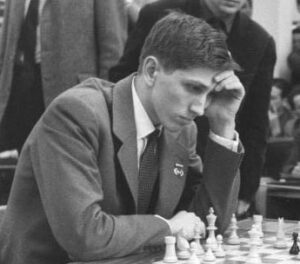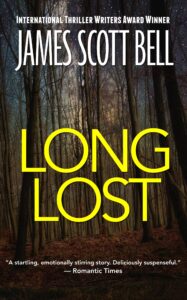
Talent (noun): a natural skill or ability to be good at something, especially without being taught.
* * *
A couple of weeks ago, James Scott Bell mentioned the enormous talent of James Cagney, and that got me wondering about just what talent is and how much it plays a part in success.
We’ve all heard sports scouts talk about athletes who are “naturals.” They’re highly recruited for what seems to be their inborn ability to play the game. Most of us don’t have that kind of obvious talent, but each of us has certain inborn abilities that we can capitalize on. But how can we identify what we’re really good at? One way is by taking a talent test.
I’m not a particular fan of personality tests or talent identification tests. I think testing for specific skills is more useful. But in preparation for writing this blog post, I took a talent quiz at ProProfs. (I have no idea if their test is a reliable judge of specific talent, but I thought it would be fun to see their assessment.)
Among other things, the results indicated that I have a creative flair for story-telling. That was encouraging, but it doesn’t mean I’ll be able to wip (misspelling intended) out a 70,000 word masterpiece while sipping my raspberry-coconut smoothie and having my nails done. It won’t solve the plot problems I’m having with my next book or teach me more about the genre-specific structure I need. It also won’t do much to ensure my text is error-free or help me format and upload the book to the major retail sites. For all those, I need something more.
* * *

Grit (noun): firmness of character; indomitable spirit; pluck.
The answer may lie in an individual’s passion and perseverance, otherwise known as “grit.” While talent may give you a head start in life, it’s grit that will get you over the finish line.
A 2013 article in Forbes magazine identified five characteristics of people who have grit.
- Courage – The ability to manage the fear of failure.
- Conscientiousness – Working tirelessly, trying to do a good job, and finishing the task at hand.
- Endurance – Having the stamina to achieve long-term goals.
- Resilience – The ability to remain optimistic and confident in the face of unforeseen problems.
- Excellence vs Perfection – Striving for excellence, not perfection.
The Forbes article also quotes from a 1907 speech by Theodore Roosevelt that illustrates the essence of true grit:
It is not the critic who counts; not the man who points out how the strong man stumbles, or where the doer of deeds could have done better. The credit belongs to the man who is actually in the arena, whose face is marred by dust and sweat and blood; who strived valiantly; who errs, who comes again and again, because there is no effort without error and shortcoming; but who does actually strive to do the deeds; who knows great enthusiasms, the great devotions; who spends himself in a worthy cause; who at the best knows in the end the triumph of high achievement, and who at the worst, if he fails, at least fails while daring greatly.
* * *
Finally, in a Psychology Today article, Michael D. Matthews, PhD, argues that neither talent nor grit alone will lead to success.
The message here is clear. Grit is indeed a critical factor in achievement. But it is best applied to tasks and goals for which you have the innate talent and interest to sustain growth. Engage in honest self-appraisal and identify what you have the physical and cognitive skills to be good at, then use your grit to fan the talent flame. Love what you are good at and be good at what you love. Your talent will only take you so far; you need grit to be great. And accomplishing difficult tasks provides a foundation for a life of meaning and purpose.

So there you have it. Talent and Grit. You need both to make the cut.
* * *
So TKZers: Have you ever taken a quiz to identify your talents? How would you compare talent and grit in writing? Which of the five characteristics of grit in this article do you most identify with?
* * *
Another Side of Sunshine: A Reen & Joanie Detective Agency Novel
10-year-old Reen and her 9-year-old cousin Joanie have plenty of talent and grit, but is that enough to find the treasure hidden by the mysterious Mr. Shadow?
Click the image to go to the Amazon book page.




